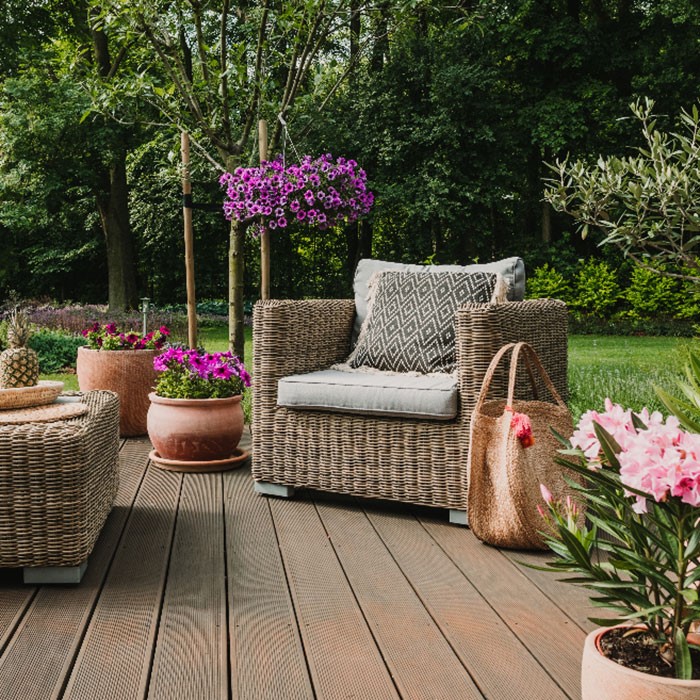King Living | Culture and Commitment
A culture of talent development fuels fine furniture maker
The staff roster at Australia’s King Living is proof of the company’s commitment to nurturing promising talent regardless of experience or position. Many of the senior leaders at the manufacturer of living room furniture came from the lower ranks, benefactors of investments the business has made over the years in upskilling initiatives. King Living Chief Executive Anna Carrabs says these investments have helped make King Living’s employees as resilient as the pieces it makes.
King Living began as a home-grown business. In the late 1970s, founder and chairman David King and his mother made foam seating, stretched fabric over cushions, and sold the designs from a stall at Paddy’s Market, a local landmark in Sydney. The company introduced its patented steel-frame sofas shortly thereafter, and spent the following two decades opening domestic showrooms and expanding its manufacturing output, including its first metal factory in Shanghai in 1995.
While the company earned accolades, it lacked the organisational structure necessary to grow as a global brand abroad. Carrabs, who had previously served as a consultant to the company, accepted David King’s personal offer to become CEO in 2015. King gave Carrabs a mandate to change the company’s culture to prepare it for global success. Outside of Australia, King Living operates showrooms in Canada, China, Malaysia, New Zealand, and Singapore. Carrabs says moves to flatten the company’s reporting structure and introduce an open-door policy that encourages employees to actively engage with executives have consolidated the company’s reputation as a place to create and grow.

“We want people to upskill, we want to encourage them, and we want them to excel.”
“Recruiting for roles is easy because people are drawn to our brand,” Carrabs says. The company’s ranks are littered with success stories from this approach, including Jack Broughton, who began as a warehouse employee, became head of IT and was recently awarded by The CEO Magazine as “CIO of the Year” in 2020.
King Living’s culture of relentless talent development extends to its international expansion activities. For its overseas showrooms, the company encouraged employees to relocate to work alongside local teams – and found many willing volunteers. “It ensures that they not only get the technical skills but also the DNA, because they're taking our culture with them and embedding it in these other countries,” Carrabs says.
The COVID-19 pandemic has modified some of the company’s activities, such as its periodic CEO lunches. The meetings continue, though they’re now virtual, company-catered events in which employees have the opportunity to request additional support to do their jobs, share when systems aren’t working, or give other feedback directly to Carrabs.
One new initiative Carrabs is excited about is yet another programme to help identify up-and-coming talent. Senior leaders are able to nominate an emerging leader and make the case for them. If they are voted in by the other senior leaders, the candidates are exposed to management skills and put forward for promotion opportunities. “Once you've got the right people, it's about supporting and empowering them,” Carrabs says.
